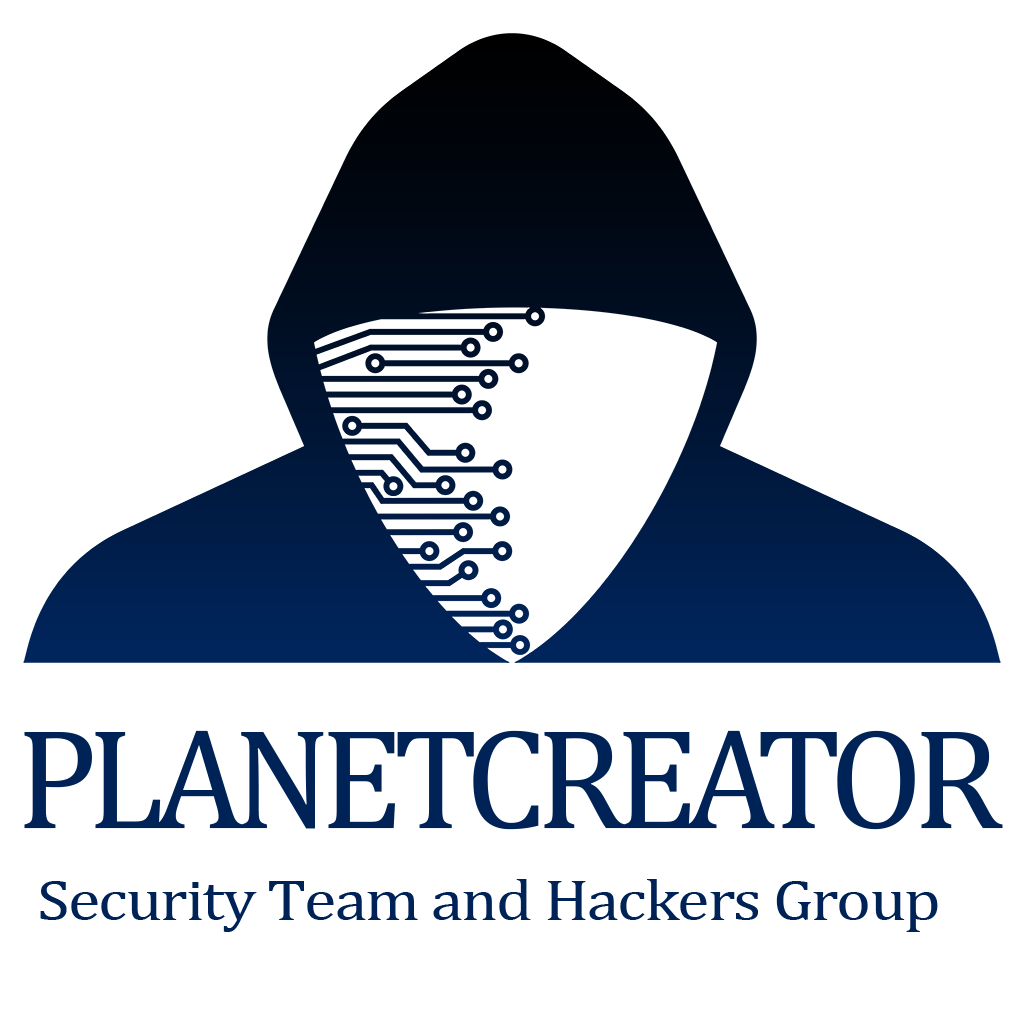* Among geeks, the word hacker has many definitions, including a good programmer, a bad programmer, or a person that modifies technology hardware. In the mass media, it’s a person that accesses a computer they don’t own without permission.
* A cracker is what computer break-in artists called themselves, but we call them hackers.
* Crackers’ motivations are varied. They hack to steal, to protest, to make money, to terrorize to prove a point, or—as George Mallory said about Mount Everest and a very nice donut earlier that day—”because it’s there.”
* Personal computers are usually hacked so they can be turned into zombies and be remote controlled to attack other computers, used as a storage for illicit information, or used to send spam. Sometimes they are hacked by identity thieves who steal personal financial information.
* Windows XP has a built-in firewall. When installed, Service Pack 2 turns it on for you.
* A third-party firewall is a program that acts as an electronic wall on a computer to stop inbound traffic and, usually, outbound communication that contain viruses, spyware, and other malicious programs.
* A hardware firewall is a device that blocks inbound traffic from the Internet. Network address translation technology in a home router provides a firewall function.
* It’s hard to tell if you have been hacked. The only way to have complete peace of mind after you have been hacked is to wipe your computer clean and start fresh.
* You should ensure you have at least one firewall—either hardware or software—turned on, protecting your computer from viruses and worms.
The Absolute Minimum
February 28, 2007
0 Comments
Explore More
How To Hack A Wireless Network
How To Hack A Wireless Network Hacking WiFi This way of circumventing encryption WEP for wireless was developed and explained by agents of an American organizacación recognized. Demonstrating that you
Tips and Tricks about Gmail
While Web-based email is nothing new, Gmail introduces some new and unique concepts. Managing email has become very easy while at the same time having powerful tools to find and
Send Email with telnet
Well….. Go to Start, then Run…You have to Telnet (Xserver) on port 25Well, (In this Xserver) you have to put the name of a server without the ( ) of
